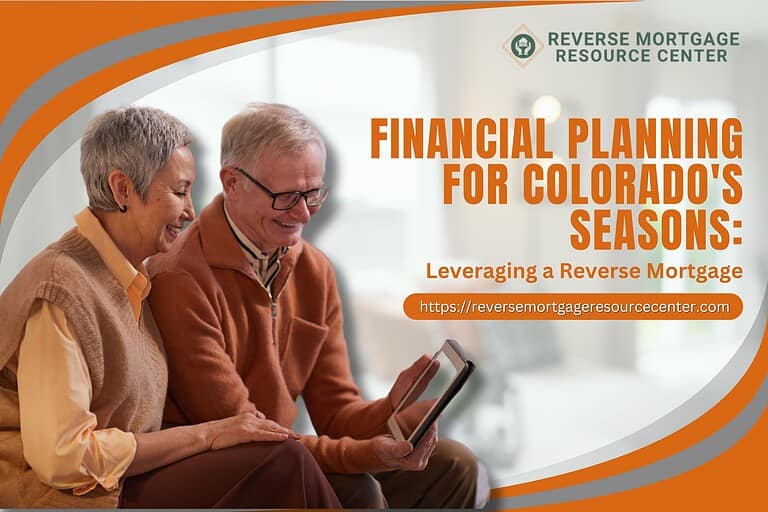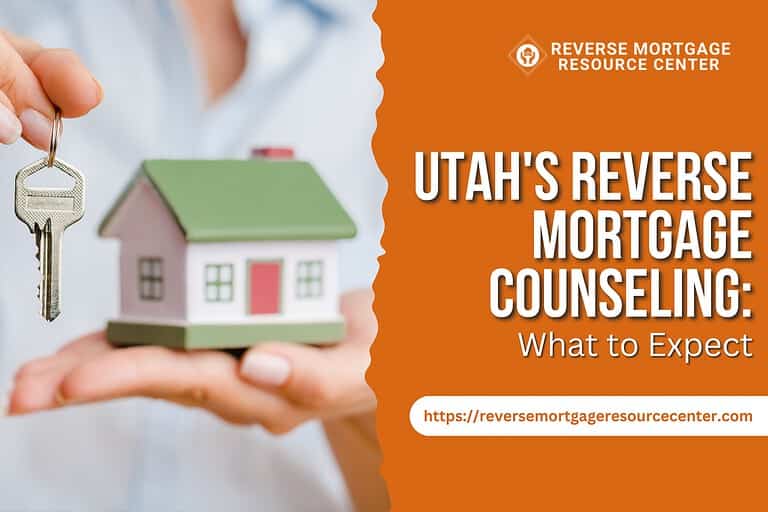Reverse Mortgages for Solo Seniors: Independent Living with Financial Confidence
As seniors embark on the journey of retirement, financial concerns often loom large, especially for those living independently. Solo seniors, in particular, face unique challenges as they navigate the complexities of managing their finances without the support of a partner. One powerful financial tool that can provide a lifeline for independent seniors is the reverse mortgage. In this article, we will explore tailored strategies for solo seniors, offering tips for achieving financial security and peace of mind through reverse mortgages.
Understanding Reverse Mortgages
A reverse mortgage is a financial instrument designed to allow seniors to convert a portion of their home equity into readily accessible funds while retaining ownership of their homes. Unlike traditional mortgages, reverse mortgages do not require monthly payments. Instead, the loan is repaid when the borrower sells the home, moves out permanently, or passes away. This makes reverse mortgages an attractive option for seniors looking to supplement their income during retirement.
Tailoring Reverse Mortgage Strategies for Solo Seniors
1. Assessing Individual Needs and Goals
Solo seniors must take a close look at their individual financial needs and goals before considering a reverse mortgage. What are the day-to-day living expenses? Are there outstanding debts to address? Are there plans for long-term care or other major expenses? By assessing these factors, solo seniors can tailor a reverse mortgage strategy that aligns with their unique circumstances.
For example, a solo senior with a mortgage-free home may opt for a one-time lump-sum disbursement to cover immediate expenses or fund a specific project, such as home renovations or travel. On the other hand, a senior with ongoing living expenses might choose a line of credit or set monthly disbursements to supplement their income.
2. Right-sizing Your Home
One of the key advantages of a reverse mortgage is that it allows seniors to tap into their home equity without the need to sell their homes. Solo seniors can consider “right-sizing” their homes, moving into a more manageable and cost-effective residence while unlocking the equity in their current property. This not only provides financial flexibility but also eases the burden of maintaining a larger home.
Right-sizing involves a thoughtful evaluation of current and future needs. Downsizing to a smaller home or even considering a condominium or senior living community can free up additional funds while reducing the costs associated with property maintenance, utilities, and property taxes. It’s a strategic move that aligns with the goal of achieving financial security and independence in retirement.
3. Creating a Sustainable Income Stream
For solo seniors, creating a sustainable income stream is crucial. A reverse mortgage can be structured to help supplement a regular monthly income, offering financial stability in retirement. These funds can supplement other sources, such as Social Security, pensions, or investments, ensuring that solo seniors have the means to cover their expenses and maintain their independence.
Careful consideration should be given to the structure of the reverse mortgage. Opting for a set monthly disbursement for as long as the borrower lives in the home, can be a reliable source of funds. Alternatively, a one-time lump sum disbursement may be suitable for covering specific financial needs over a predetermined period.
Tips for Single Seniors to Achieve Financial Security
1. Financial Planning and Budgeting
Solo seniors should prioritize comprehensive financial planning and budgeting to gain a clear understanding of their income, expenses, and future needs. Working with a financial advisor can provide valuable insights and help create a roadmap for achieving financial security.
Budgeting becomes a crucial aspect of financial planning for solo seniors. It involves tracking income, outlining regular expenses, and planning for unforeseen costs. Creating an emergency fund can provide a financial cushion, offering peace of mind in the face of unexpected medical expenses or home repairs.
2. Building a Support Network
While navigating financial challenges alone, it’s essential for solo seniors to build a strong support network. This may include family, friends, or community resources. Connecting with local senior centers or organizations can provide access to valuable information and assistance.
Building a support network also involves discussions with trusted individuals about financial decisions. This could include involving adult children or close friends in the planning process, ensuring that there is a shared understanding of the senior’s financial goals and how a reverse mortgage fits into the overall strategy.
3. Staying Informed about Legal and Financial Matters
Solo seniors must stay informed about legal and financial matters that may impact their financial well-being. This includes understanding the terms and conditions of a reverse mortgage, staying up-to-date on changes in tax laws, and ensuring that legal documents such as wills and powers of attorney are in order.
Legal and financial literacy are powerful tools for solo seniors. Attending workshops, seminars, or seeking advice from legal and financial professionals can empower seniors to make informed decisions. It’s crucial to stay abreast of changes in regulations or policies that may affect the financial landscape for seniors.
Resources and Support for Solo Seniors
1. HUD-Approved Housing Counseling Agencies
The U.S. Department of Housing and Urban Development (HUD) provides a list of approved housing counseling agencies that offer guidance on reverse mortgages. Solo seniors can benefit from these services to ensure they make informed decisions about their financial future.
Housing counseling agencies can provide a neutral perspective, helping seniors understand the implications of a reverse mortgage and exploring alternative options. These professionals can also assist in reviewing loan terms and ensuring that seniors are fully aware of their rights and responsibilities.
2. AARP and Senior Advocacy Organizations
Organizations like AARP (formerly the American Association of Retired Persons) and other senior advocacy groups offer resources and information tailored to the needs of seniors. Solo seniors can access valuable insights and support through these organizations.
AARP, for example, provides educational materials, online tools, and articles on various aspects of retirement planning, including reverse mortgages. Engaging with these organizations can connect solo seniors with a broader community and ensure they remain informed about relevant issues.
3. Community-Based Services
Local community centers and services often provide support for seniors facing financial challenges. These resources may include financial literacy programs, assistance with home maintenance, and access to social activities that foster a sense of community.
Engaging with community-based services can provide solo seniors with practical support beyond financial advice. This includes connecting with local service providers, exploring volunteer opportunities, and participating in social activities that contribute to a fulfilling and active lifestyle.
REVERSE MORTGAGE RESOURCE CENTER ~LIVE LIFE ON YOUR TERMS~
Our Lending Team has been serving our clients since 2004. We are passionate about serving our clients with integrity to help them achieve their financial goals.







